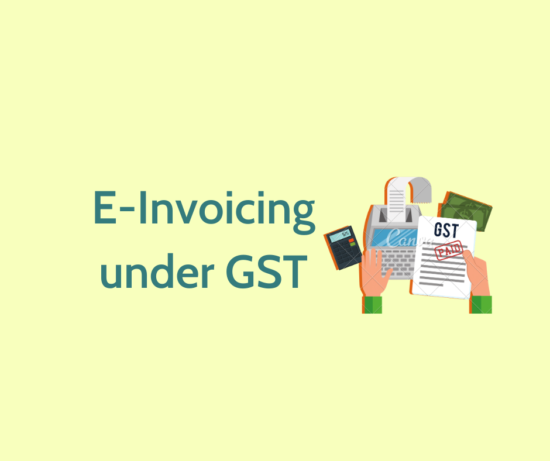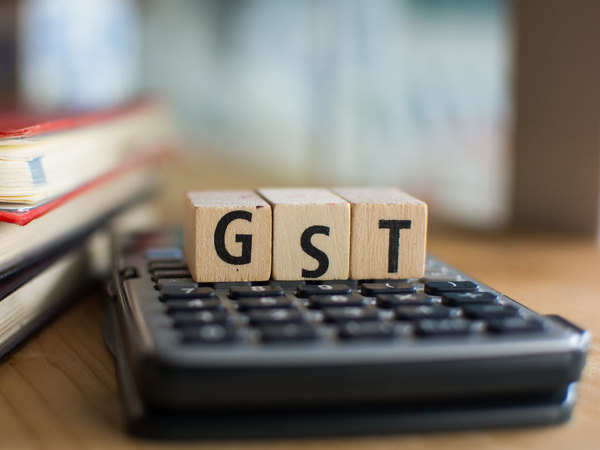Ease of Doing Business for MSMEs: Earlier this month, the Central Board of Indirect Taxes and Customs (CBIC) had notified that e-invoicing will be mandatory for B2B transactions for businesses with a turnover of more than Rs 50 crore from April 1, 2021.
Ease of Doing Business for MSMEs: Mandating businesses with over Rs 50 crore turnover (midsize firms) to generate e-invoices is a welcome move but it might be a problem for micro, and small businesses who don’t invest much in technology and lack digital literacy, according to Animesh Saxena, President, Federation of Indian Micro and Small & Medium Enterprises (FISME). E-invoicing was earlier made mandatory under Goods and Services Tax (GST) law for business-to-business (B2B) transactions by businesses with a turnover of more than Rs 500 crore from October 1, 2020, and over Rs 100 crore from January 1, 2021.
Earlier this month, the Central Board of Indirect Taxes and Customs (CBIC) had notified the same for businesses with more than Rs 50 crore turnover. As per the MSME definition revised last year, enterprises with turnover ranging from Rs 51 crore to Rs 250 crore are classified as medium units.
“Some level of preparedness will be required but we assume companies with over Rs 50 crore turnover to be digitally literate in managing their accounts. If the government extends the e-invoicing mandate in the future to micro and small enterprises, then it might be a problem as they don’t invest much in technology and most work is outsourced. It might become an additional cost burden for them. Also, broadband connectivity could be a problem for such firms in small towns and villages,” Saxena told Financial Express Online.
Importantly, e-invoicing will allow immediate validation of the tax invoices, which is beneficial for both the taxpayer and input tax credit recipient as the errors and reconciliation requirements may get reduced significantly. However, “mid-sized businesses who do not have a well-equipped in-house IT team will have to incur CAPEX and OPEX costs for numerous activities such as modifying accounting systems to adhere to the e-invoicing, integrating their accounting systems with the IRP portal (either through APIs or third-party softwares), and undergoing detailed training for the staff to get accustomed to the e-invoicing norms and accounting infrastructure,” Saket Patawari, Executive Director – Indirect Tax, Senior Director – Nexdigm told Financial Express Online.
Out of 6.33 crore MSMEs, over 99 per cent are micro and small businesses in India, according to the MSME Ministry’s FY20 annual report. Medium enterprises are only 5,000 while small businesses are 3.31 lakh and micro enterprises are 6.30 crore in India. “There won’t be any impact on medium enterprises as their sphere is very less while micro and small are in majority. Micro and small owners do everything on their own in a small set-up and it might an additional responsibility for them if implemented ahead by the government.
However, in contrast, this would also bring more transparency and make them more formal to benefit from government schemes. I think gradually the government will extend this to micro and small enterprises as well,” Sanjiv Layek, Executive Secretary, World Association For Small And Medium Enterprises (WASME) told Financial Express Online.
The e-invoicing system is also likely to help enterprises access instant loans as banks would be able to analyse requests based on the invoices even as the compliance requirement would be reduced as the GST system would populate the returns based on details available in the e-invoice, Financial Express had reported earlier citing officials working on the system.
Moreover, as per another official, e-invoicing would help to generate invoice in a standard format, which can be read by any system, and reporting of e-invoice to a central system becomes possible.
Source: financialexpress.com
Follow us for free tax updates : facebook Twitter
***
Subscribe our portal and get FREE Tax e-books , quality articles and updates on your e-mail.
Resolve your GST queries from national level experts on GST free of cost.
TW Editorial Team comprises of team of experienced Chartered Accountants and Advocates devoted to spread the knowledge of GST amongst the various stakeholders.




